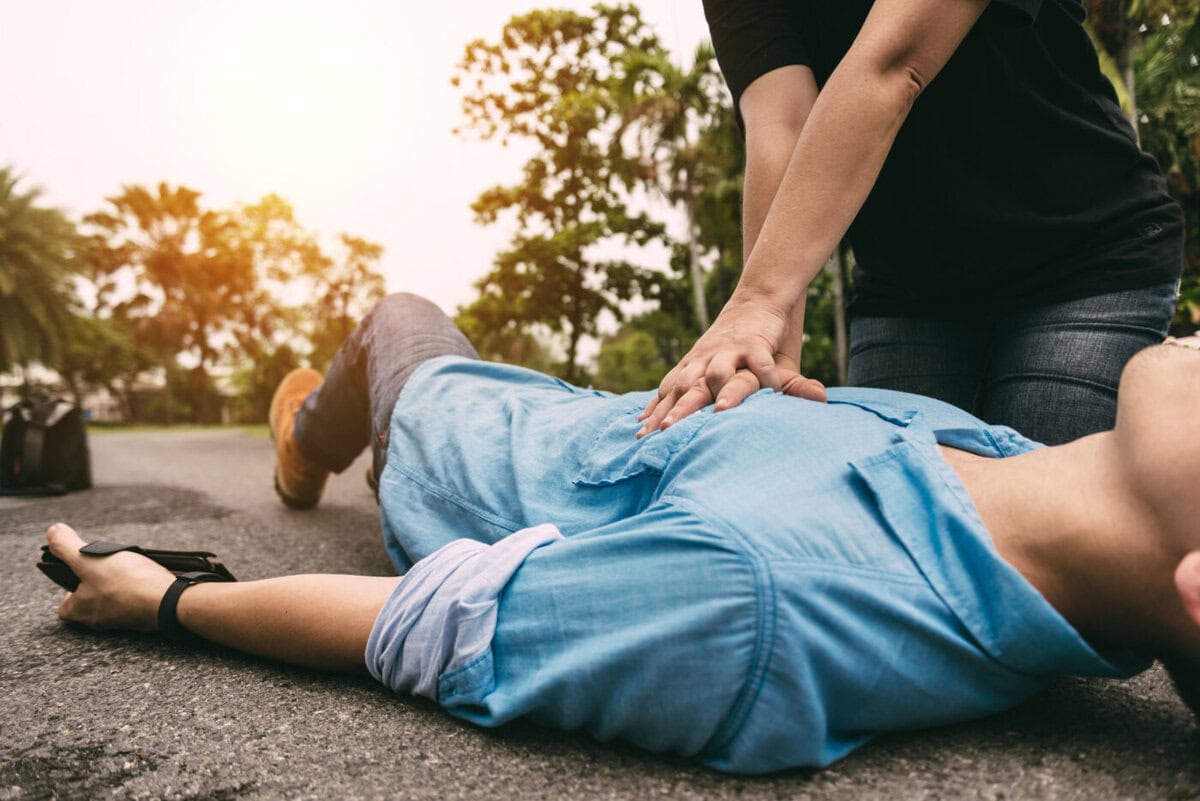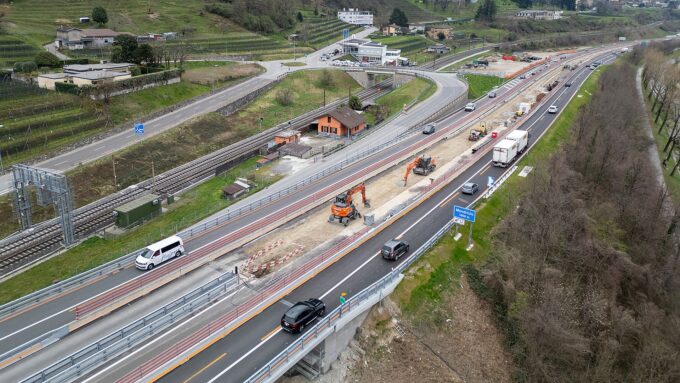Correct action in an emergency: the population has some catching up to do
The second TCS emergency barometer shows that most people are confident that they can provide basic assistance in emergency situations. In life-threatening situations, however, confidence in their own abilities dwindles. Confidence in the work of professional rescue organizations remains high.

If you unexpectedly find yourself in an emergency situation, you need to act quickly. As a layperson, however, it also takes a certain amount of effort to provide help and do the right thing. In the latest emergency barometer compiled by gfs.bern on behalf of the TCS, the population's emergency skills were surveyed, among other things. The results show that people feel well prepared in basic emergency situations. 90 percent are confident that they can make an emergency call correctly and provide the right information. A further 81% of respondents are confident that they can place an unconscious person in a recovery position and instruct and support the emergency services.
Men rate their abilities higher than women
When it comes to life-saving measures, confidence in their own abilities is significantly lower. Only just over half of those surveyed are confident that they can perform cardiopulmonary resuscitation correctly. Just under half are confident that they can provide first aid in the event of choking or react appropriately in the event of shock. The assessments show that there is a need for information and training on how to provide effective help in emergency situations.
A look at the subgroups shows that men rate their abilities in emergency situations higher than women. With increasing age, confidence in one's own abilities decreases regardless of gender. TCS members are also less confident in their ability to act correctly in specific emergency situations.
Trust in rescue organizations has increased
When professionals are deployed in an emergency situation, they enjoy a high level of trust. 99 percent of respondents stated that they trust the rescue services in Switzerland. Broken down into the various emergency organizations, mountain and air rescue in particular are highly rated in terms of trust. This is followed by the ambulance service, the police, the TCS, civil defense and the army. Compared to the first emergency barometer, which was compiled last year, all organizations were able to slightly increase their level of trust.









